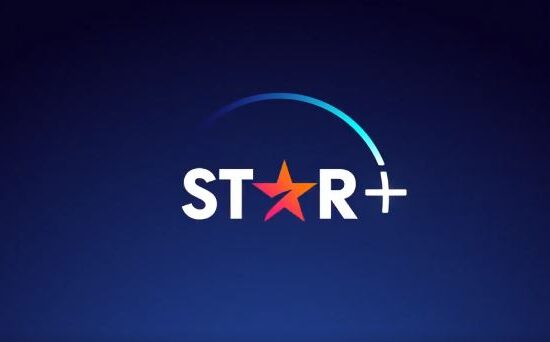
Writers Guild of America leaders are saying Monday night that the guild was forced to go on strike at midnight PT because their proposals to the Alliance of Motion Picture and Television Producers on core contract issues “fell on deaf ears.”
Money is a big issue — the guild is seeking a new contract that would increase pay and benefits by $429 million over three years, but says that the studios only offered $86 million. But preserving writing as a profession is an even bigger issue and goes to the core of what the strike is about.
In a phone interview with Deadline shortly after the contract negotiations broke off, WGA West president Meredith Stiehm, and WGA negotiating committee co-chairs David A. Goodman and Chris Keyser – the latter two former WGA West presidents – described how the companies “stonewalled” the guild from the very beginning of the negotiations on a “constellation” of proposals that guild members are demanding.
RELATED: WGA Strike Picket Line Locations List And Times Set For Los Angeles & New York
“I’m just surprised by the conversations we did not have,” Stiehm said of the bargaining sessions. “We’ve been here for six weeks talking to them and those core proposals were literally ignored. And we made it very clear to them that 98% of our membership is demanding that we fight for something different; not just the usual negotiation that we’ve been having. We told them from the beginning that members are feeling an existential threat, and that they need to take this seriously. And it just fell on deaf ears. They just didn’t seem to hear us when we were telling them about the plight of writers and how much has gone wrong, and that they need to fix it. And they just didn’t seem to listen.”
“The biggest problem we had in this negotiation was that the companies would not engage on a slew of core issues that affect the ability of a writer to maintain a career,” Goodman said. “So we’re far apart in that the companies would not engage with us on those topics, so in that sense, we were far apart. There were other areas of negotiations in which we were able to negotiate things, but the companies stonewalled us on very important issues. They would not talk about them.”
Issues that the WGA says the AMPTP was unwilling to discuss, the guild says, include minimum staffing, the establishment of viewer-based streaming residuals, the use of artificial intelligence, and full pension and health contributions for writing teams.
The AMPTP said in a statement tonight that “the primary sticking points are ‘mandatory staffing,’ and ‘duration of employment’ – guild proposals that would require a company to staff a show with a certain number of writers for a specified period of time, whether needed or not.”
See the WGA’s proposals and the AMPTP’s offers here.
The AMPTP also said that it is “willing to engage in discussions with the WGA in an effort to break this logjam,” but guild leaders called that “disingenuous.”
Asked if the guild is willing to continue discussions, Goodman said: “We’re willing to talk about the issues we raised, but they’re not willing to engage with us on those issues. So, when they say they’re willing to talk, they’re being disingenuous. They’re willing to have us hang out at the AMPTP, but they’re not willing to have a negotiation around our core proposals.”
Keyser agreed. “They said, ‘Yeah. If you drop everything you want to talk about, we’ll talk to you about the things we want to talk about.’”
“They literally said that,” Goodman said. “‘If you drop all these proposals, then we can talk about the rest.’ And we’re not gonna do that. We’re here to negotiate a deal. We made a bunch of opening proposals that the companies would not, under any circumstances, consider. They literally told us we had to drop them all. That’s not a negotiation.”
With regard to minimum staffing, Keyser said: “Yeah, they say that that’s one of the things they’re not going to do, and I know they highlighted it because they think that’s to their advantage, but the truth is, minimum staffing is only one proposal that’s part of a constellation of proposals in all of the areas that go to the question: Can writers have a stable, steady income across a year and across a career? We are looking at a world in which they are slowly eliminating the number of weeks we work; the number of writers who work those weeks, and not paying writers for the value they create. We can’t let that happen. They won’t talk to us about AI; they won’t talk to us about guaranteed weeks of work for comedy/variety writers; they won’t talk to us about the fact that the effect of pre-greenlight mini-rooms mean that writers work for very few weeks and then they get rid of most writers for the rest of the television show. They won’t talk about any of those things.
RELATED: Late-Night Shows To Shut Down Immediately After Writers Guild Strike Called
“They won’t talk about writers who work into production, because writing happens all the way through the process. They are entirely closed off about that. And we believe they’re closed off about that because it is their intention to slowly eliminate our weekly employment and make a very limited kind of freelance workforce in all sectors of the business. And we told them from the very beginning that that’s not gonna happen in this negotiation.”













